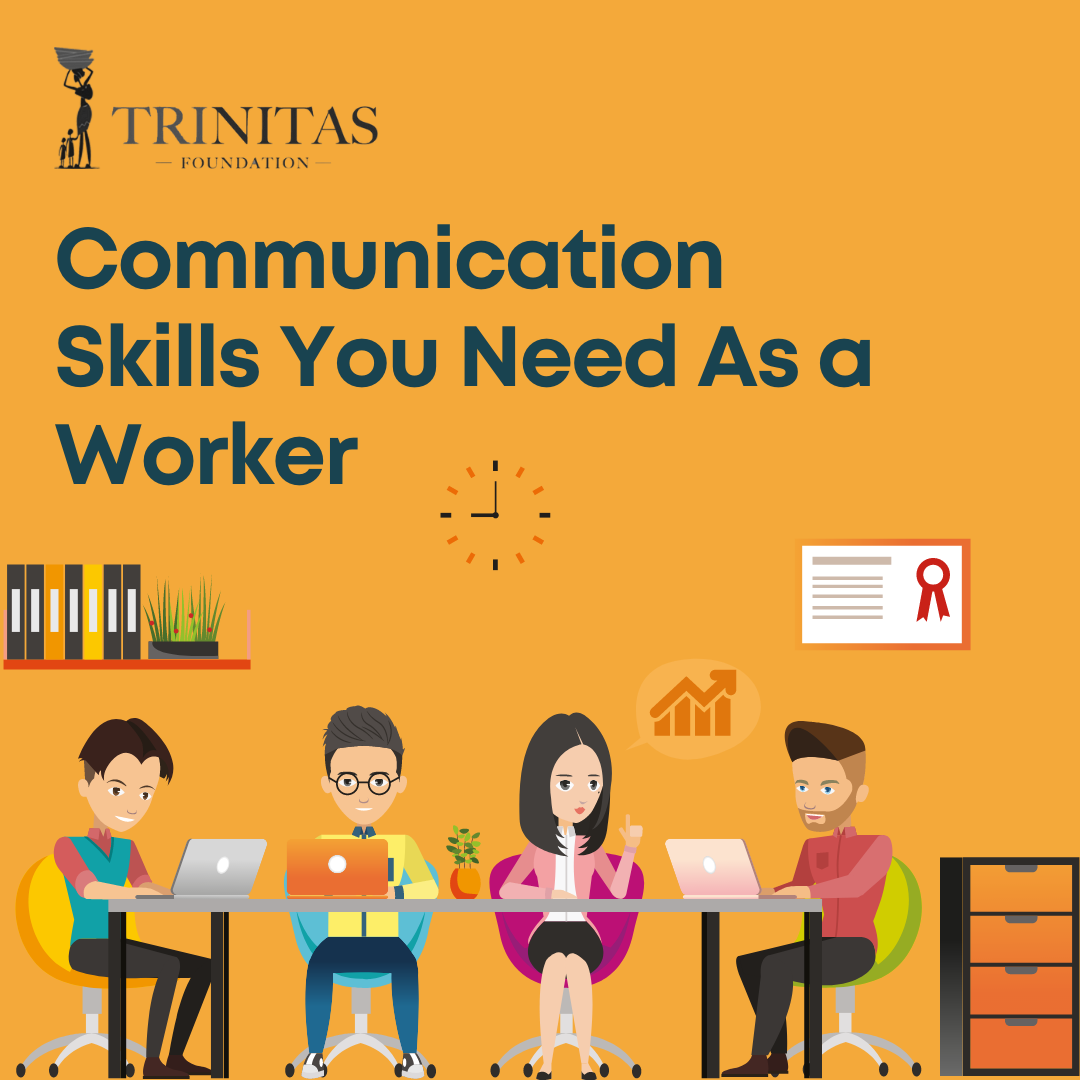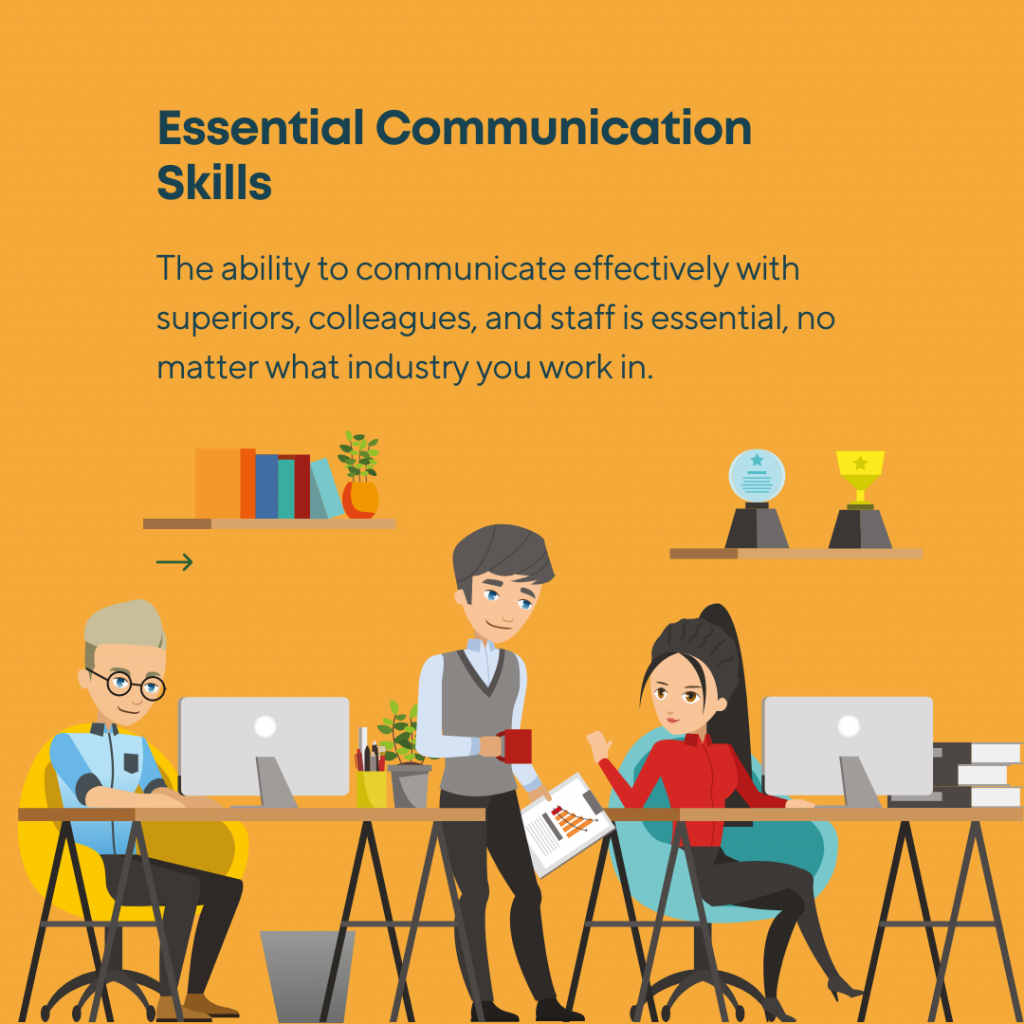
Being able to communicate effectively is one of the most important life skills to learn.
Succeeding in your career requires good communication skills. You need to know what you want and how you are going to attain it. Being an excellent communicator can help propel your career.
Good communication skills can aid in helping you land an interview and pass the selection process. Being able to articulate well provides a significant advantage! To do your job effectively, you have to discuss problems, request information, interact with others, and have good human relations skills – these are all part of having good communication skills. They help in being understood well and in helping understand the needs of those around you.
Here are some pointers to look out for when looking to improve your ability to effectively communicate with others:
Essential Communication Skills

- Listening
Being a good listener is one of the best ways to be a good communicator. No one likes communicating with someone who cares only about putting in her two cents and does not take the time to listen to the other person.
To become a good communicator, it is important to be a good listener. It is important to practice active listening – pay close attention to what others are saying and clarify ambiguities by rephrasing their questions for greater understanding.
- Verbal Communication
Verbal communication is all about what we say, which is an important way of getting our message across. Verbal communication can be both written and spoken.
The words that we choose can make a big difference to whether other people understand us.
A conversation with a friend is very different from a business discussion, and the words that you choose might be considerably more technical when talking to a colleague.
Reflection and clarification are both common techniques used in verbal communication to ensure that what you have heard and understood is what was intended.
- Nonverbal Communication
Using our voice is only the tip of the iceberg.
We actually communicate far more information using Non-verbal Communication. This includes non-verbal signals, gestures, facial expression, body language, tone of voice, and even our appearance. These can serve to either reinforce or undermine the message of our spoken words, so are worth considering carefully.
- Clarity and Concision
Good verbal communication means saying just enough—don’t talk too much or too little. Try to convey your message in as few words as possible.
Say what you want clearly and directly, whether you’re speaking to someone in person, on the phone, or via email. If you ramble on, your listener will either tune you out or will be unsure of exactly what you want. Think about what you want to say before you say it.
- Friendliness
Through a friendly tone, a personal question, or simply a smile, you will encourage your co-workers to engage in open and honest communication with you.
Also, customers love friendly sellers or employees who can generously explain everything. And friendliness will make them like you more, thereby increasing sales marketing and productivity.
- Confidence
It is important to be confident in your interactions with others. Confidence shows your co-workers that you believe in what you’re saying and will follow through.
Confidence allows you to speak concisely and with clarity. Workers who communicate with confidence can convey what they want to their clients and co-workers in a clear and efficient manner.
Effective communication is critically important for career advancement.


Trinitas Foundation Workers Program (TWP)
Follow us on social media for more:
Instagram – https://www.instagram.com/trinitasafrica/
Twitter – https://twitter.com/trinitasafrica
Facebook – https://www.facebook.com/profile.php?id=100071618330959
Linkedin – https://www.linkedin.com/company/trinitas-foundation/
Youtube – https://www.youtube.com/channel/UCzgnTj52RMT1XP8jRWfSWHA